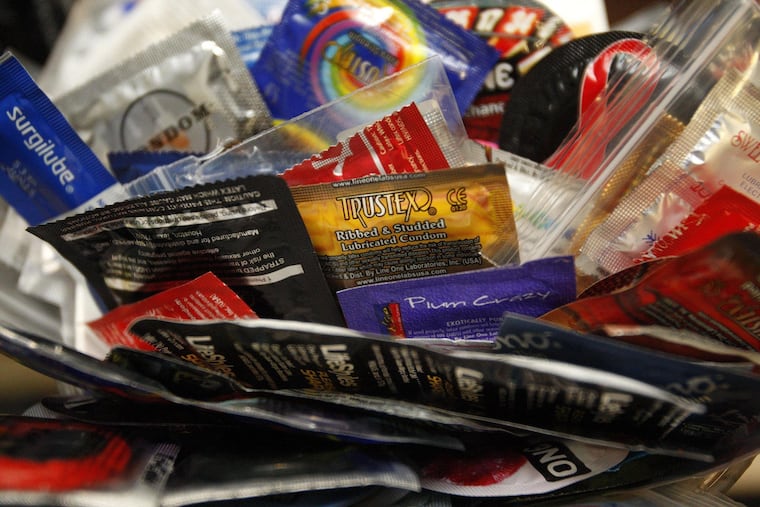As a gay man, this phase of COVID feels awfully familiar | Opinion
Lately, COVID-19 prevention looks a lot like HIV prevention: Each person has to make decisions about our own risks and how to reduce them. (“Should I wear a condom/mask?”)

Are you getting tired of having to navigate the risks of contracting a potentially deadly infection? Welcome to my life as a gay man.
I have spent my adult life working around the very real risks of contracting a lifelong HIV infection. In some ways, avoiding HIV is easier than avoiding COVID-19: Testing is widely available and routinely free, the routes of transmission are much easier to control, and we have highly effective drugs that can dramatically reduce the risk of transmission.
Until recently, COVID mitigation relied on public health strategies like lockdowns and mask and vaccination mandates. Now, COVID prevention looks more like HIV prevention: Each of us has to make decisions about our own risks and how to reduce them. (“Should I wear a condom/mask?”) The problem is that we are not always ready to accept just how different everyone’s choices about how to protect themselves may be.
“We are not always ready to accept just how different everyone’s choices about how to protect themselves may be.”
When it comes to HIV, I decided when I became sexually active that I would only engage with partners who knew their HIV status, backed by a test taken within the last year. I, of course, provided the same. As a virologist, I felt this was a sensible precaution — but I soon learned that many potential partners found this to be at best unnecessary and at worst an indictment of their character.
They practiced safe sex with partners whom they trusted — why would they need to provide such clinical proof? Some men reacted as if I was suggesting they were engaging in risky sex, and this unintended accusation soured any potential for a relationship. Many admitted my precaution made sense but felt embarrassed or ashamed that they weren’t already taking such precautions themselves.
Now, I’m experiencing similar issues during COVID — which have only become more complicated now that the rules have relaxed and people are left making their own decisions about what they believe is “safe.”
In response to the recent drop in COVID cases, Philadelphia has relaxed its previous mandates, such as indoor masking. Some say it’s too early, while others argue it’s overdue. We have entered a phase of individual choice regarding COVID, and everyone’s choices are on full display. This has already sparked emotional responses, not unlike what I’ve heard from some partners about HIV.
The same day Philadelphia updated its mask mandate, Florida Gov. Ron DeSantis berated high school students for wearing masks, calling it “COVID theater.” A Regina city councillor in Canada complained of feeling “not really welcomed” because she was not wearing a mask.
» READ MORE: Running on fumes and fury: As COVID restrictions roll back, my kid still can’t get vaccinated | Expert Opinion
Although my university has said masks are now recommended (but not required), I have decided to keep wearing a mask on campus not only to protect myself but also to create a safer environment for my students and colleagues with increased risks of having serious consequences from COVID. I plan to continue masking indoors until, at the very least, children under the age of 5 have access to vaccines. Even though I have a clear metric for when I will readjust my masking behavior, it’s not always easy to remain committed. I interact daily with colleagues who have decided to forgo the mask. Their decision makes me question my own, as I am sure my mask makes some of them wonder if they are taking enough precautions, too.
As we navigate this “new normal,” I hope we will remember that not everyone navigates this world in the same way. Let’s not judge each other, and try to support those who are doing their best to keep themselves and their loved ones safe.
Jason Diaz is an assistant professor of integrated science, business, and technology at La Salle University. His academic training is in virology and cell and molecular biology.